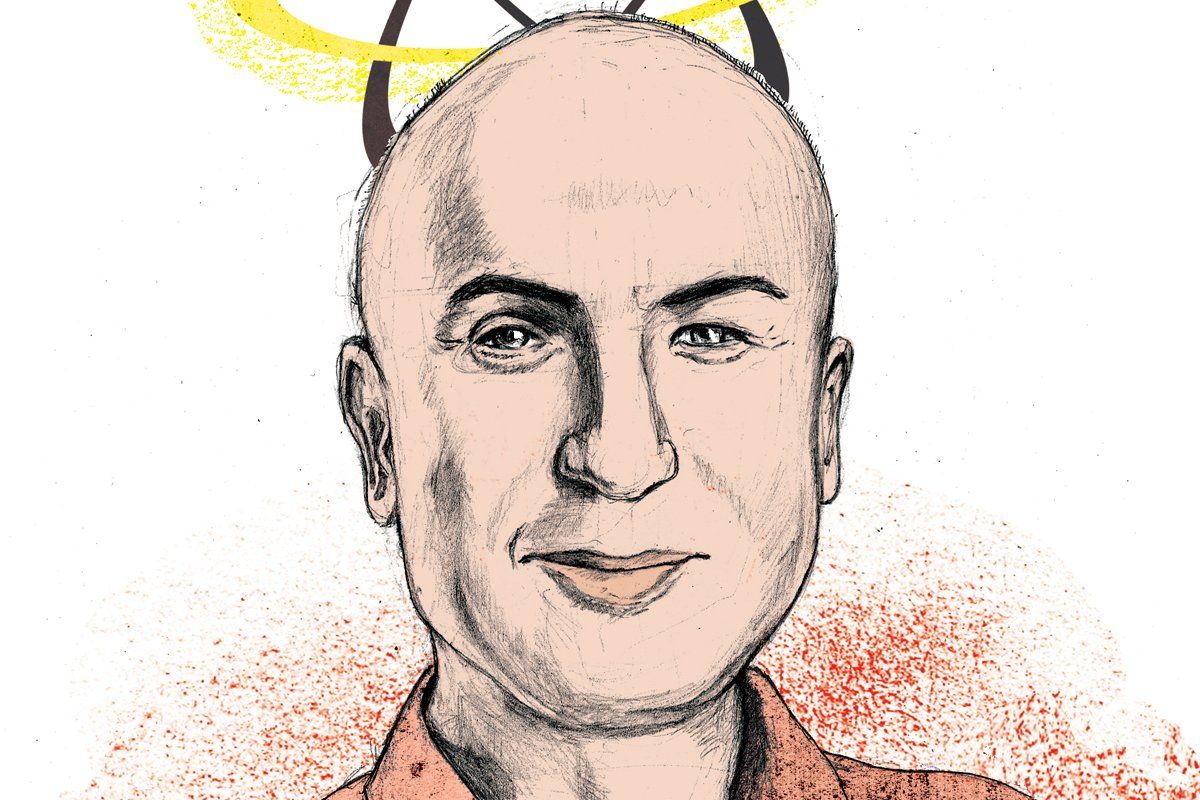
Three weeks ago the lives of nine physicists across the world were transformed when they were phoned by a mysterious Russian. The Russian, whom most had never met or heard of, told each scientist he was awarding him $3 million. The money is part of the new Fundamental Physics Prize, announced publicly July 31. Awarding a total of $27 million, it is the largest science prize in history, dwarfing the Nobel Prize.
The mysterious Russian behind the money is 50-year-old Yuri Milner. In 2009 Milner came out of nowhere to become the biggest single investor in Facebook, a move many thought was madness but that helped make him a billionaire. He is the originator of a method of investment into IT companies that was called unworkable—but has become a new paradigm. He also owns the most expensive private home in the U.S., a $100 million mansion in Palo Alto, California. But at conferences, Milner seems a little bored when asked to discuss everyday business. Instead he comes alive when talking about how the Internet is creating a global brain that connects machines and men into one interlinked intelligence.
Milner originally studied theoretical physics, working on his Ph.D. in the same department as Nobel Prize winner and dissident Andrei Sakharov. Sakharov inspired Milner by constantly asking, "Where will science be in 10 years' time?" Predicting the future has always been Milner's obsession. Today his Moscow penthouse feels like a spaceship: monitors and screens are everywhere. Even his wife, a top model turned artist, seems somehow futuristic. Until recently she always wore her hair shaved short, looking like some alien beauty from Star Trek.
Milner dropped out of the Ph.D. program in the late 1980s when he realized he wasn't made of Nobel stuff. He was already honing his business skills, selling beat-up Western computers on the gray market of perestroika Moscow. He studied at the University of Pennsylvania's Wharton School. When he returned to Russia, oil and gas were all the rage. But Milner was already convinced the Internet would change the world. He invested in Russian IT in the early 2000s, when it was deeply unprofitable. In 2009 he used every connection he had to arrange a meeting with Mark Zuckerberg. When they met, Milner didn't talk money—just about the digital future. They clicked, and Zuckerberg let Milner invest in Facebook. Since then, Milner's invested in Twitter, Groupon, and Zynga. He never asks for a seat on the board. He doesn't spread his bets. He just wants to spot the next visionary and invest big.
The difference between the Nobel Prize and the Fundamental Physics Prize is that Milner doesn't require evidential proof for an idea, a process that takes decades. It's aimed at younger scientists, the blue-sky thinkers researching the likes of quantum fluctuations and string theory—those who push the frontiers of knowledge and change paradigms. That seems to be the space where Milner feels at home.
Uncommon Knowledge
Newsweek is committed to challenging conventional wisdom and finding connections in the search for common ground.
Newsweek is committed to challenging conventional wisdom and finding connections in the search for common ground.





